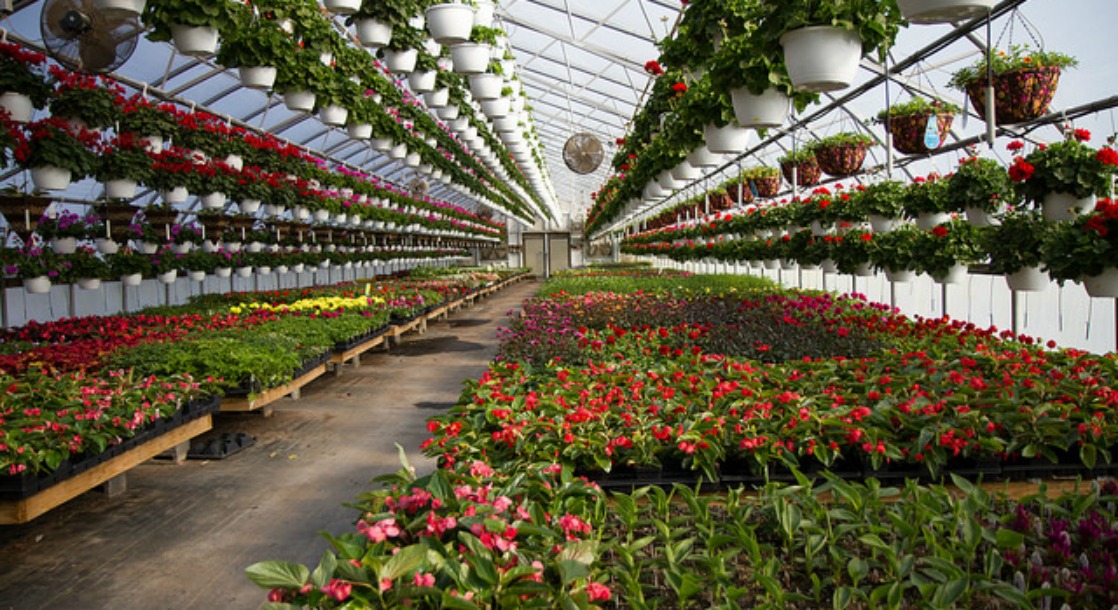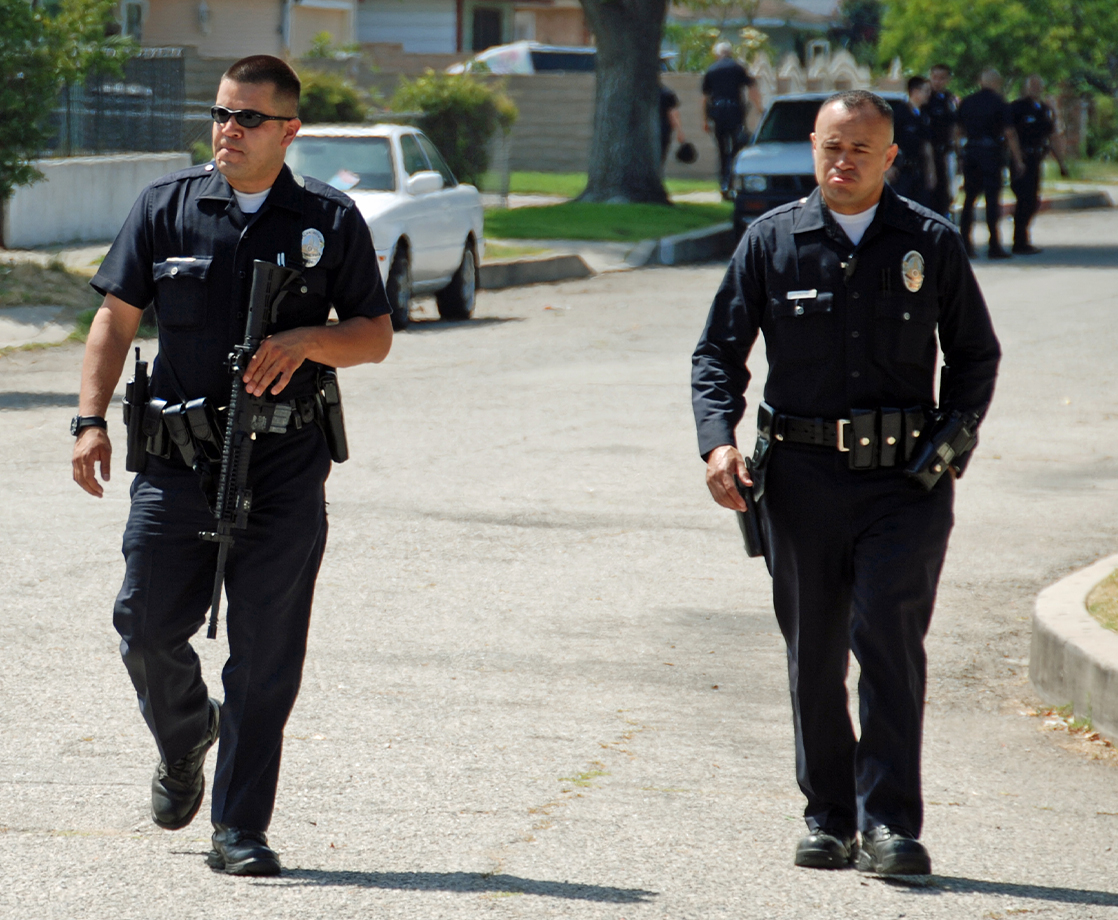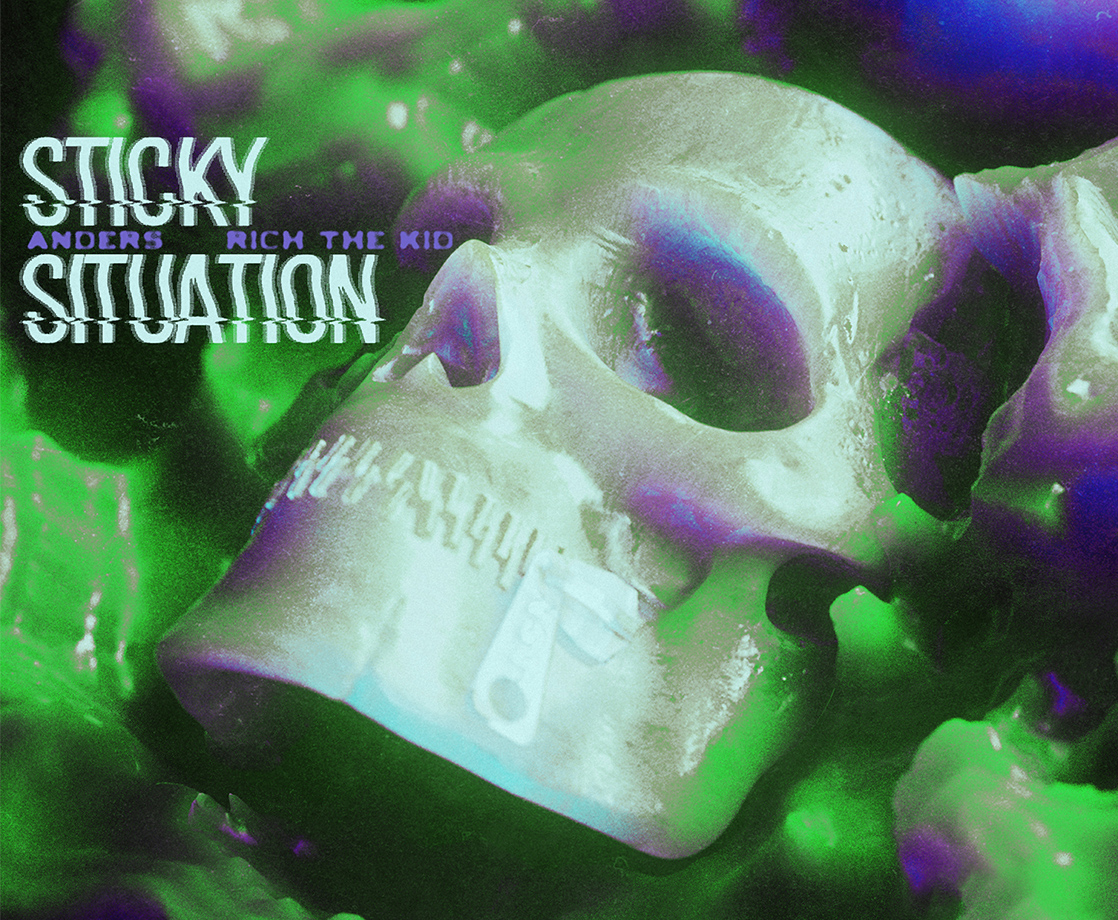Less than two hours south of San Francisco, Salinas Valley is just one of Central California’s vast agricultural hubs. Japanese immigrants turned the valley into a hub for the cut flower business in post-World War II America, but now, with recreational marijuana sales coming to California in 2018, cannabis farmers are looking to Salinas as the hub of cultivation.
With ideal growing conditions and a perfect location between Los Angeles and the Bay Area, pot farmers are moving into Salinas for the very same reason that Japanese flower farmers did, and in the process, are making the flower farmers offers they can’t refuse.
"It wouldn't make sense to grow flowers, you know, at $5 million," Alicia, a cannabis properties realtor told L.A.’s NBC 4 News about the buyout prices flower farmers are getting for their land.
But despite the exorbitant property prices, California’s cannabis farmers don’t seem themselves as much different than the flower farms they’ll be replacing.
"When you look at our product and our plants, it's really not that different than a lot of the cut flowers market," Michael Williamson, the director of operations at Harborside told NBC 4. "Which makes this valley kind of the potential to be the Sonoma Valley of cannabis."
The comparison of cannabis to wine isn’t far off at all – California’s pot farmers are already labeling their harvest by terroir, the same way wineries mark their bottles.
Even before recreational retail sales hit the Golden State, California has been home to 31% of the United States’ legal cannabis market – selling more weed than Colorado and Washington combined, despite the fact that both states allow non-medical sales.
This already gigantic California market is set to expand drastically with retail sales, and Salinas Valley is where that market will grow. Under state law, cannabis cultivators aren’t allowed to build new greenhouses, but in Salinas, the cut-flower industry has left the valley dotted with infrastructure ripe for kush plants.
But for Salinas attorney and cannabis industry insider Gavin Kogan, the only thing new about the valley’s growth is the powers that are catching on. "Our industry has been testing cannabis, has been labeling cannabis and has been concerned to consumer safety long before the California legislature woke to this monster."











